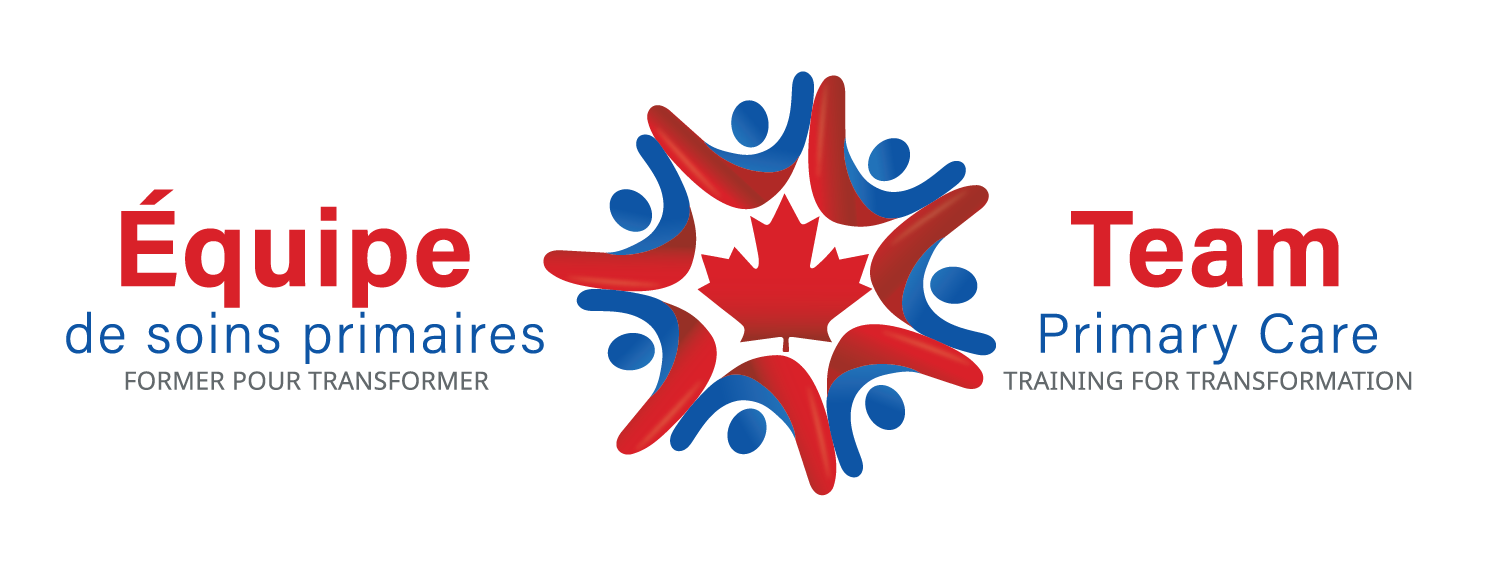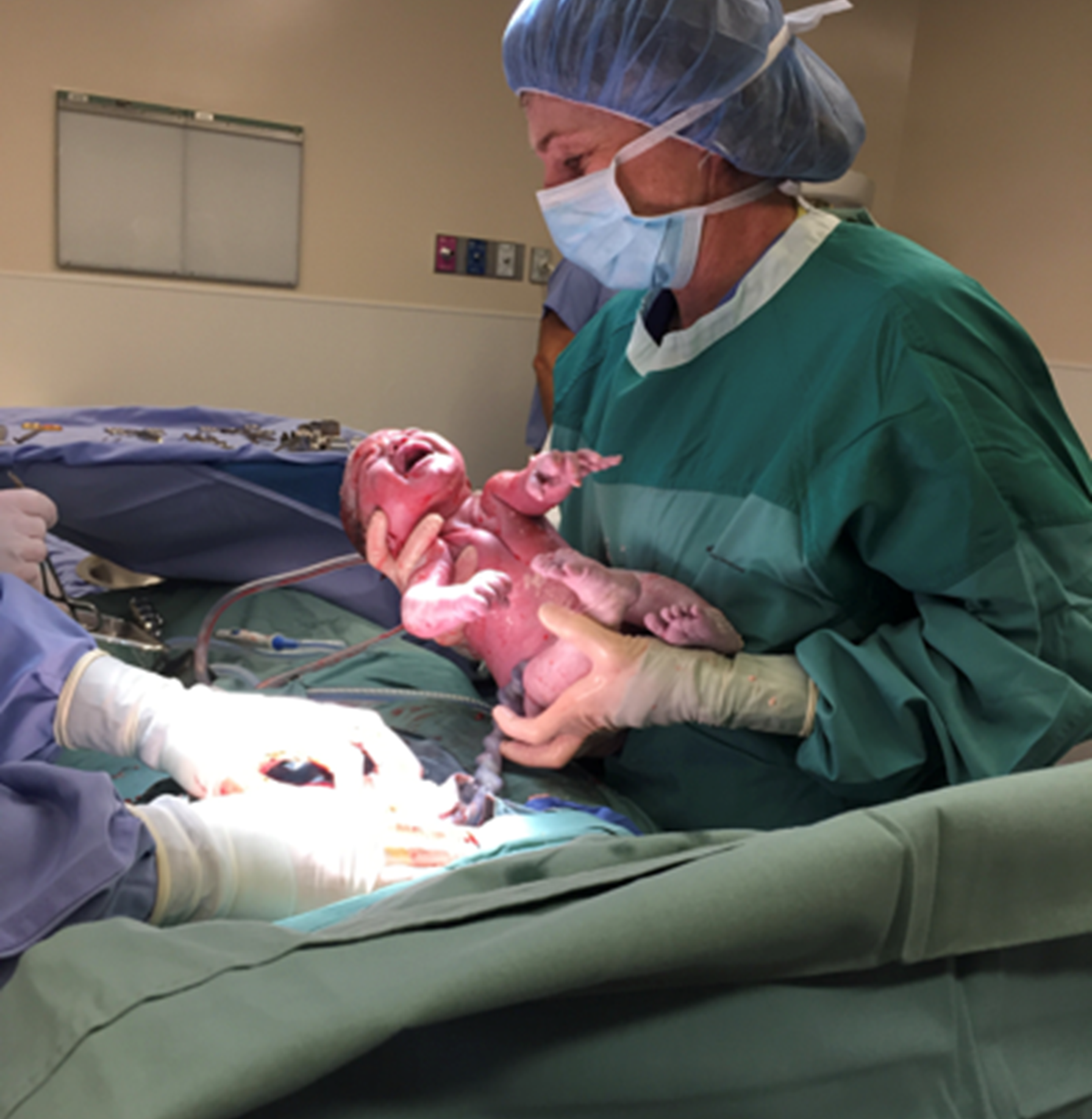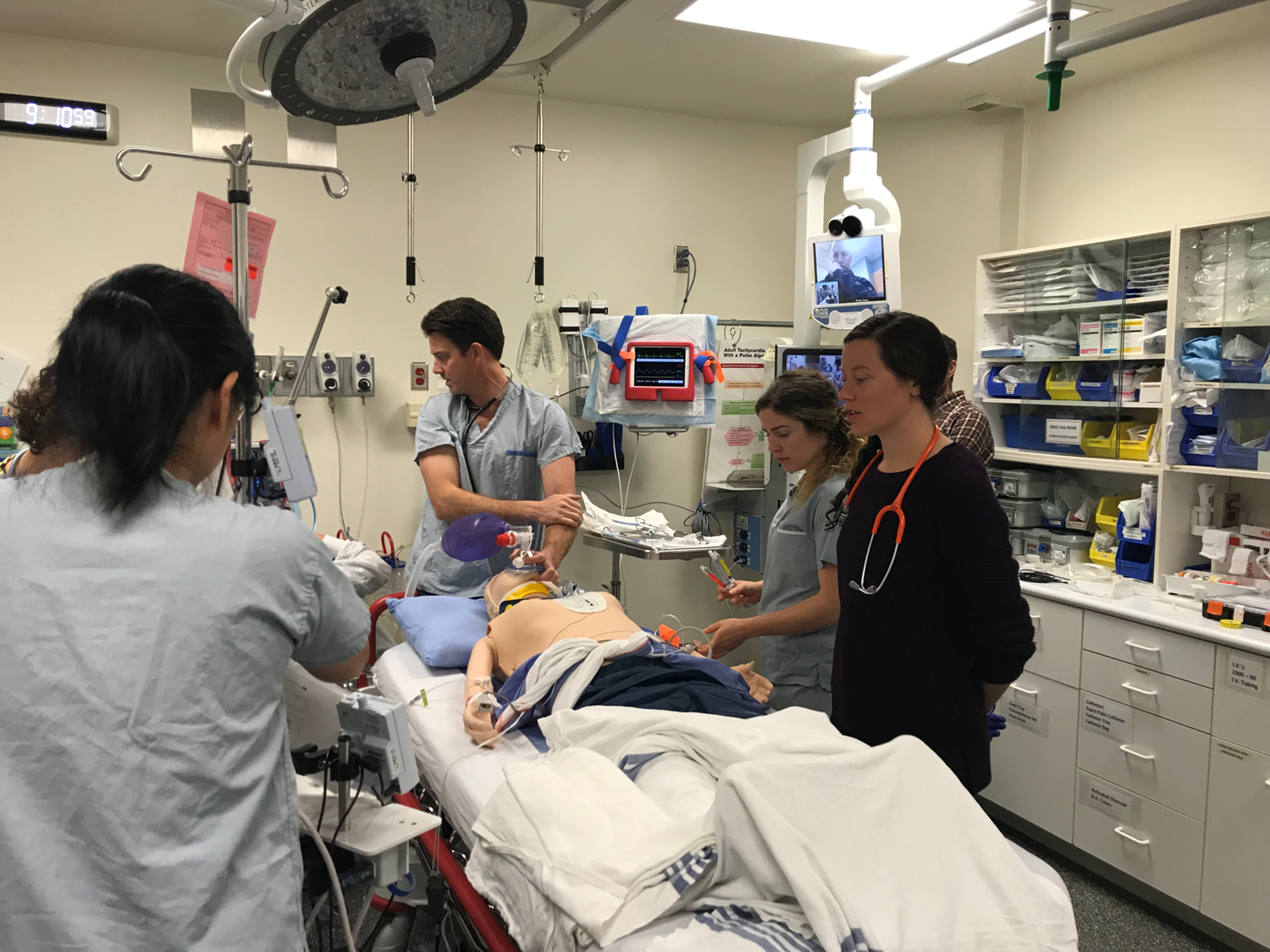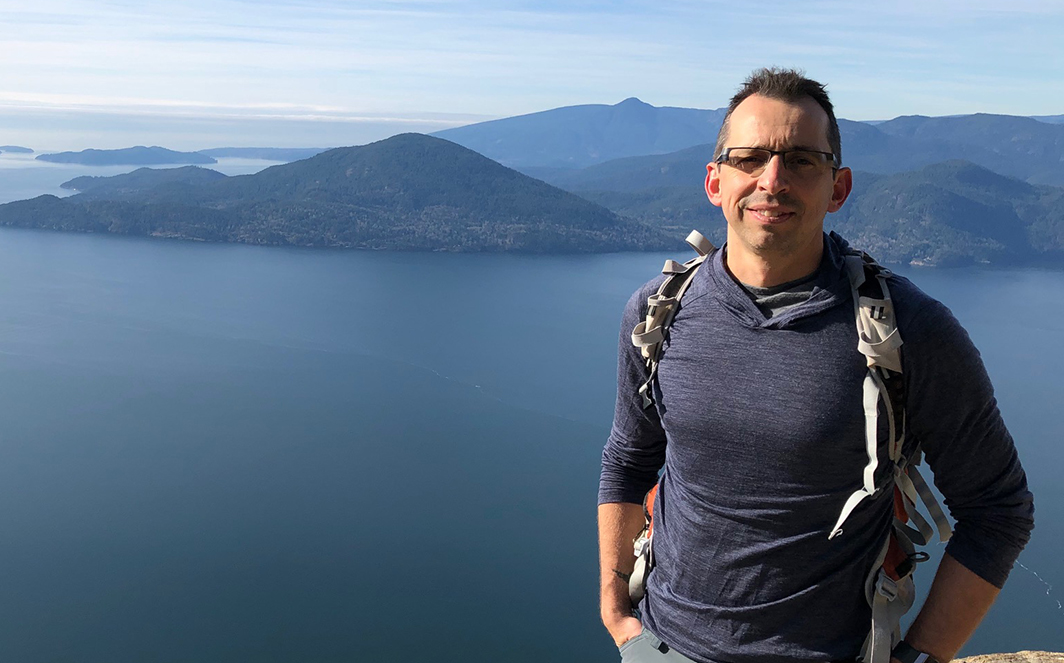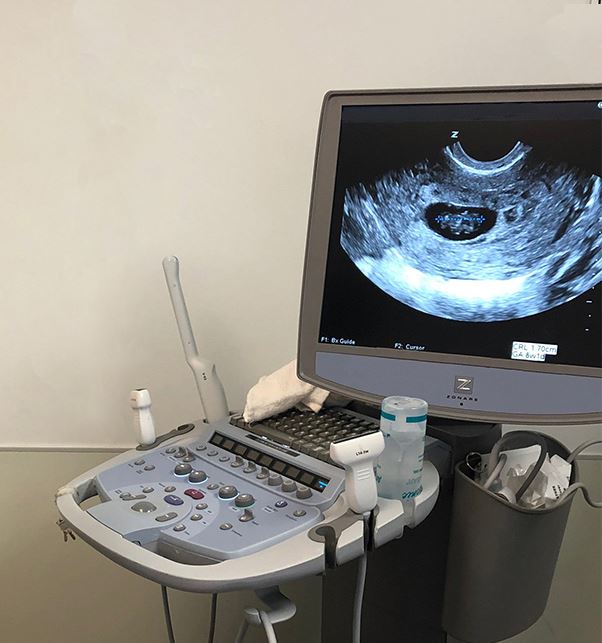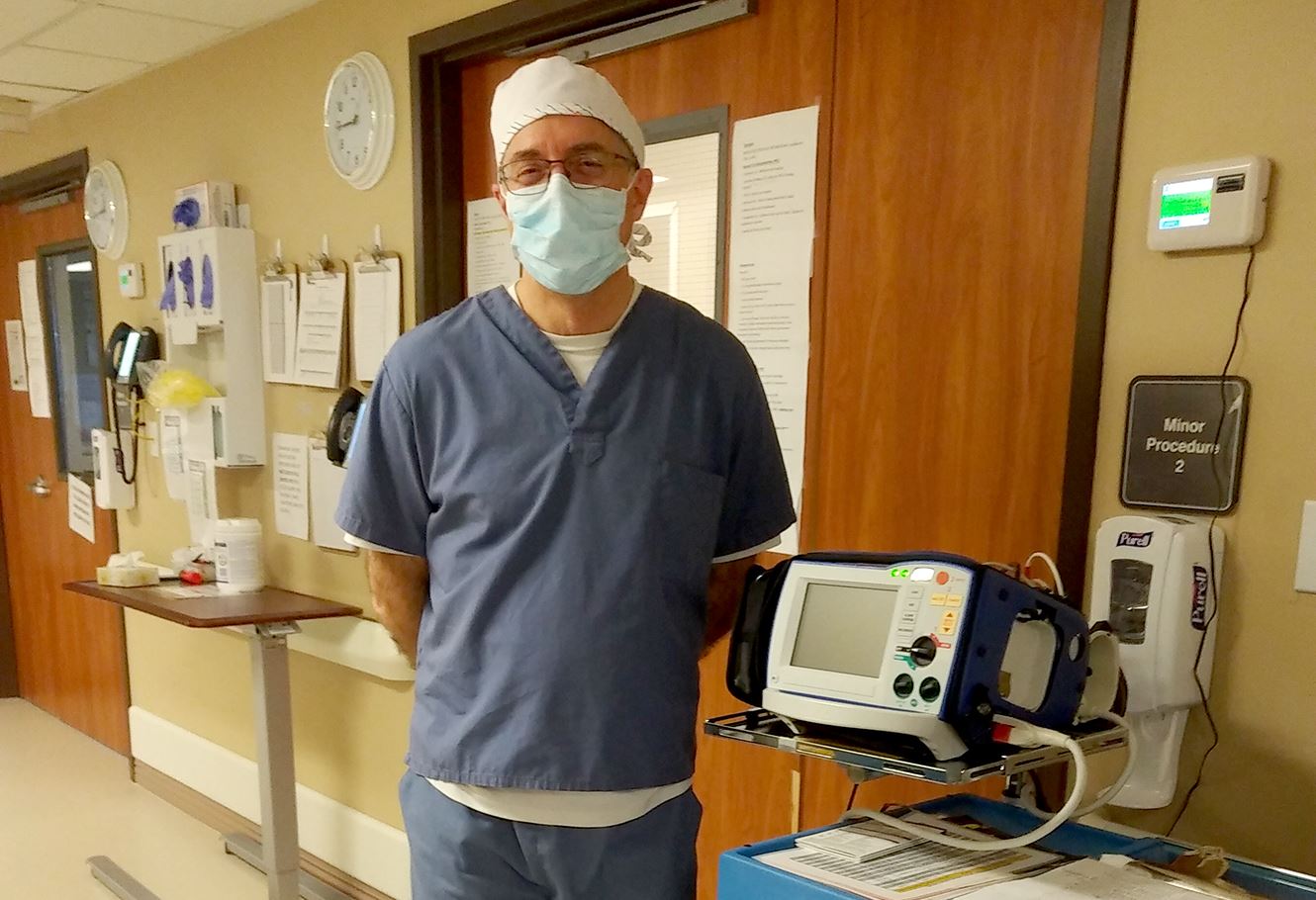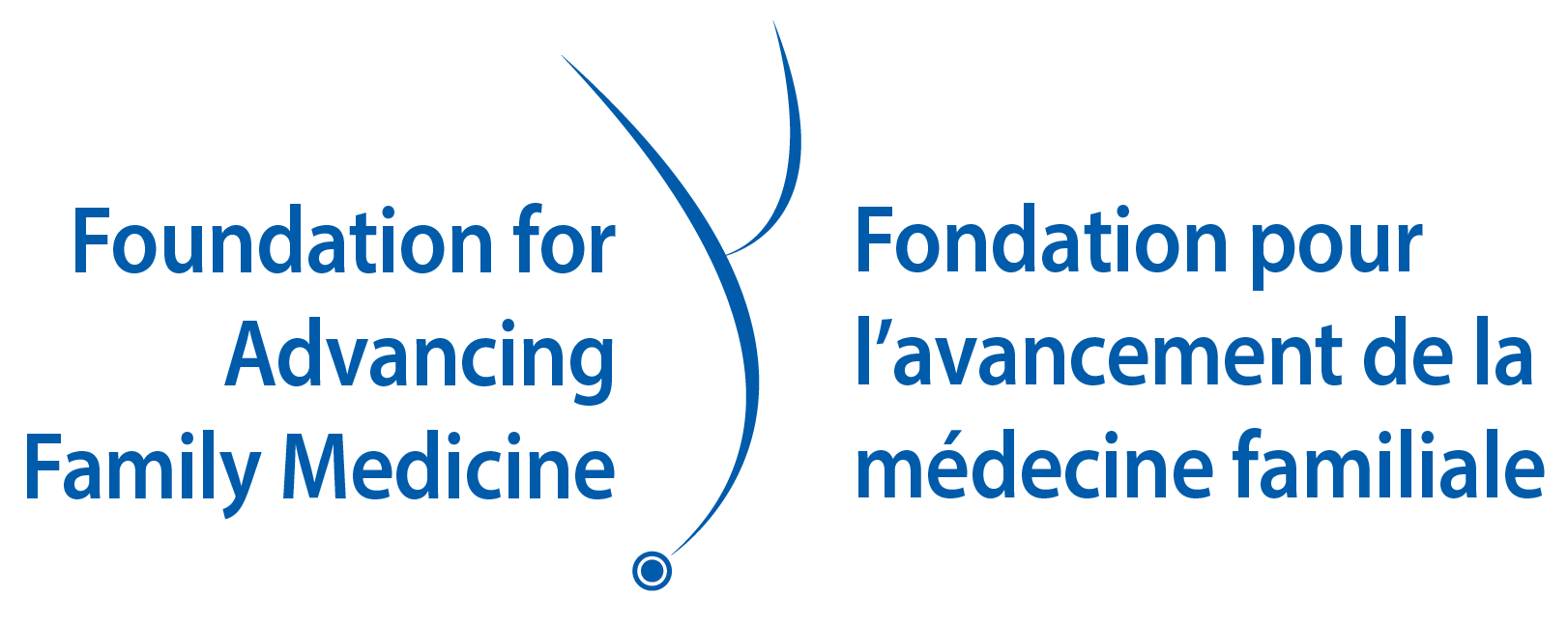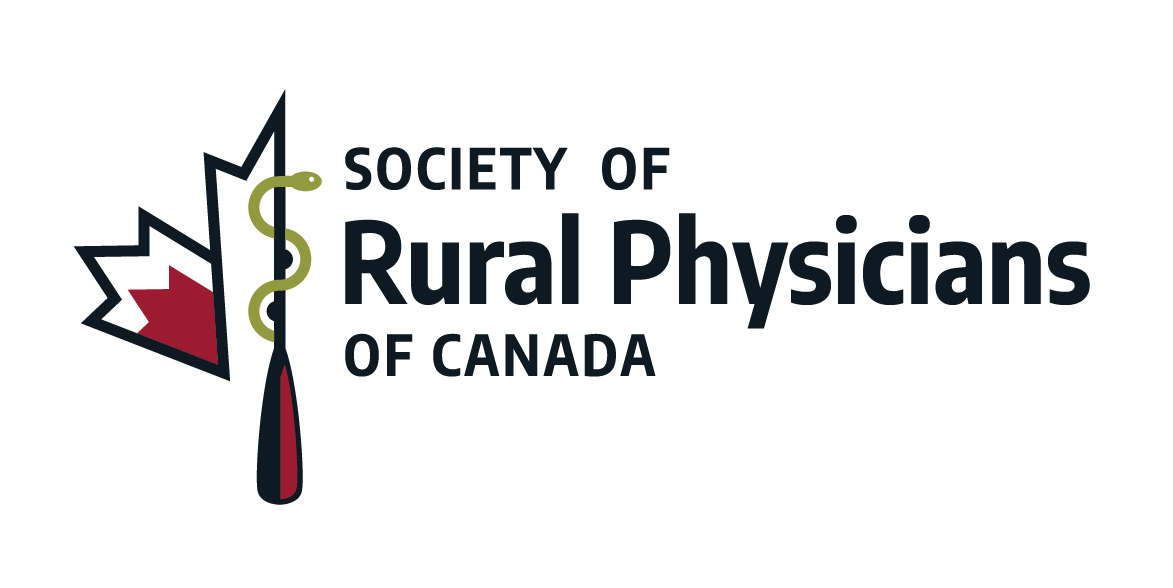National Advanced Skills and Training Program for Rural Practice
|
|
The SRPC is part of a consortium entitled Team Primary Care: Training for Transformation, which intends to accelerate health system reform needed to adopt the broad delivery of comprehensive primary care. Team Primary Care, co-led by the College of Family Physicians of Canada and the Canadian Health Workforce Network in partnership with over 65 health professional and educational organizations across Canada, is an interprofessional project of the Foundation for Advancing Family Medicine funded by Employment and Social Development Canada.
|
| Funding AvailableThe goal of the National Advanced Skills and Training Program for Rural Practice is to increase opportunities for access to training by providing support/funding for practicing rural physicians, including international medical graduates and those in their first year of practice, to increase their skill sets based on the needs of rural, remote, and Indigenous communities. Examples of training may include diagnostic procedures, emergency medicine, general surgery, obstetrical care, and anesthesia. Rural physicians may receive funding for up to 30 days of training, travel, accommodation, locum expenses, preceptor stipend and overhead. The program will fund training opportunities to upskill practicing rural physicians, including specialists, nationwide, enabling them to meet specific community needs and reducing the need for patient transport out of communities to receive these services. The SRPC’s primary mandate is to support rural physicians and communities, and enhance access to high-quality care, close to home. The SRPC has a history of engagement in education and capacity-building projects, and these activities are core to the organization’s current activities. Click the links below to find out more and to apply online for the program. |
Enhancing accessThis project will allow for the delivery of training to improve skills in areas such as addiction, diagnostic procedures, emergency medicine, general surgery, obstetrical care, and anesthesia. The intention is to attract, develop, and retain physicians in rural, remote and Indigenous communities, enhancing equity in access to care for the populations they serve.The purposes of this initiative are to:
|

NOTE: Rural physicians will be reimbursed based on the amount approved in the application budget submitted. |
|
Economy air, car rental, taxi, or ferry receipts are required.
Land travel: mileage reimbursed at $0.55 per km.
|
|
|
|
|
|
|
|
|
|
 |
To make sure you have everything you need to submit your application, have the following on hand:
Please note, you will not be able to save the information so you will need to complete the entire application in one sitting. It will take approximately 20 minutes to complete the application. The project funder, Employment and Social Development Canada (ESDC), requires inclusion of questions related to equity-deserving groups. ESDC is only interested in the raw number and they will roll-up the data we provide (with some assumptions) to report internally.
Training must be completed by March 15, 2024
|
To be successful, the National Advanced Skills and Training Program needs physicians to act as preceptors for rural family physicians and specialists. If you have skills in areas of interest to rural physicians, e.g., emergency department, obstetrics, minor surgery, diagnostic imaging, treatment of addiction, and are interested in becoming a preceptor, we invite you to register. |
|

| Mainpro+ Accreditation
|
Formal Clinical Traineeship/Fellowship
Non-certified Assessment Credits
Additional Non-certified Credit
The Mainpro+ Manual: https://www.cfpc.ca/CFPC/media/Resources/Continuing-Professional-Development/Mainpro_User-Manual_ENG_Final.pdf page 8 has details on clinical traineeships, and page 6 and 7 outline other types of activities and under which category they fall (i.e., non-certified). |
MOC Accreditation
Specialists involved in traineeships can claim 2 credits per hour under Section 2 Self-Learning of the MOC Program (Framework of Continuing Professional Development Activities: The Royal College of Physicians and Surgeons of Canada).
|
Jennifer Barr SRPC Chief Operating Officer Shawville, Quebec Dr. Elaine Blau SRPC Member Tobermory, Ontario Dr. Isabelle Cochrane Member Baie-St-Paul, Quebec Dr. Brian Geller SRPC Member Regina, Saskatchewan Lisa Hetu Administrative Manager, Rural Education Action Plan Vancouver, British Columbia Dr. Stuart Iglesias SRPC Member McDougall, Ontario Dr. Sivaruban (Ruban) Kanagaratnam SRPC Member Swift Current, Saskatchewan | Kristen Kluke SRPC Project Coordinator Campbell's Bay, Quebec Dr. Sarah Lespérance SRPC President, Chair Petitcodiac, New Brunswick Kàh enti:ne Maracle SRPC Resident Member & Indigenous Representative Tobermory, Ontario Dr. Gavin Parker SRPC Treasurer Pincher Creek, Alberta Daria Parsons SRPC Project Manager Toronto, Ontario Dr. Sonja Poole SRPC Resident Member Yellowknife, Northwest Territories Dr. James Wiedrick SRPC Member Nelson, British Columbia |
|
Partners |
|
Funded by the Government of Canada's Sectoral Workforce Solutions Program.
Financé par le Programme de solutions pour la main d’œuvre sectorielle du gouvernement du Canada.



